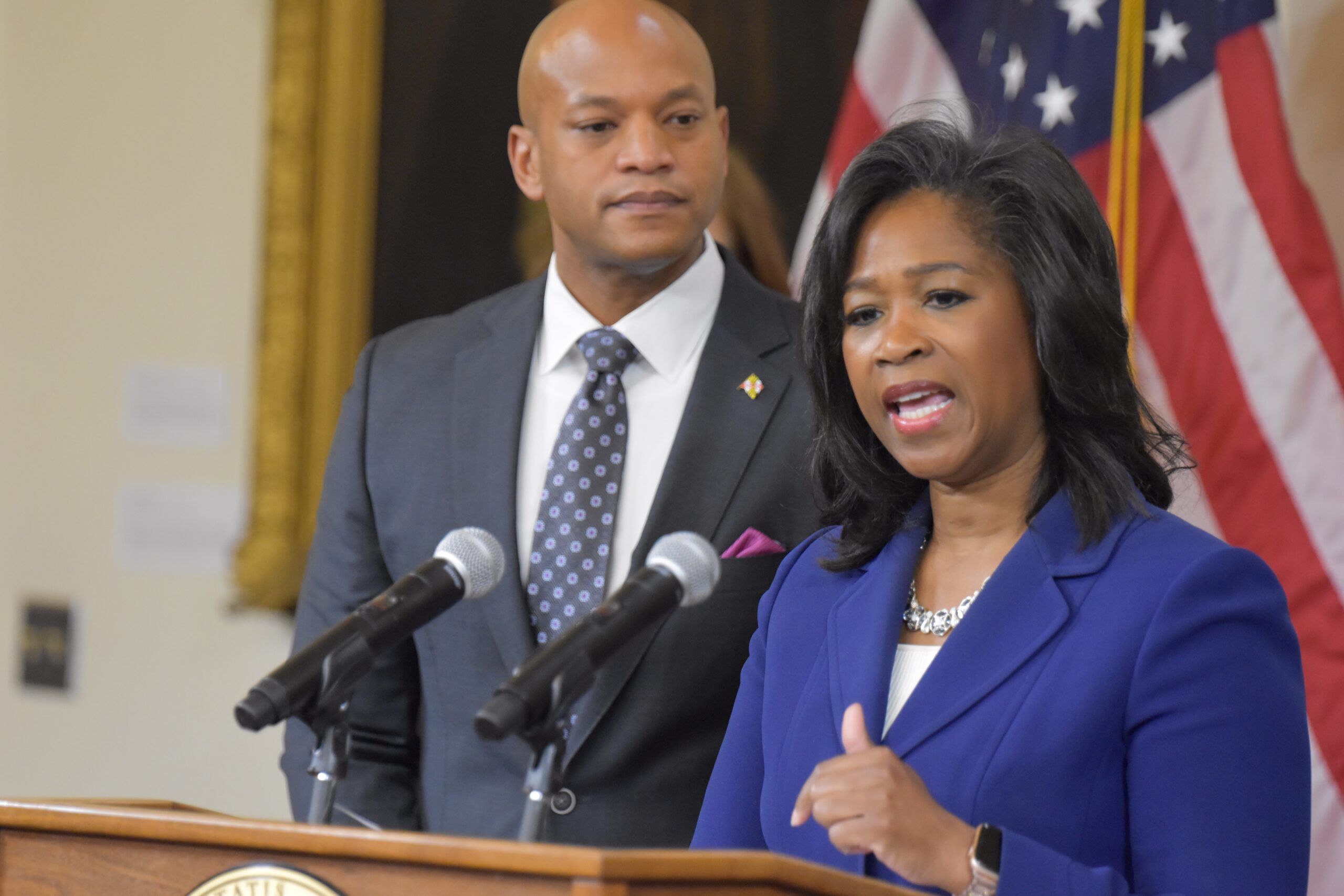Free Tuition at Community College Bill Awaits Governor’s Signature

Gov. Lawrence J. Hogan Jr. (R) is expected to sign into law Tuesday legislation making Maryland the latest state to guarantee state residents a debt-free community college education.
The legislation allocates $15 million to establish a Maryland Community College Promise Scholarship program that will cover the portion of community college tuition for Maryland residents that remains after including other scholarships and financial aid. The scholarship program includes students working toward an associate degree as well as those who require vocational training for job certification.
The bill establishes a statewide program similar to those already established at the county-level in Garrett, Allegany, Wicomico and Somerset. Maryland Matters covered the success of Garrett County’s tuition assistance program in November 2017; it was the first county in Maryland to create a scholarship fund in 2006. Thar funding began at $200,000 in 2006 and is now over $550,000.

Sen. Paul G. Pinsky
The legislation was largely crafted by state Sen. Paul G. Pinsky (D-Prince George’s) who said he has been trying to pass this kind of bill for two years. Similar legislation such as the Maryland Education Opportunity Act of 2017 was proposed last year.
When asked what was different about his legislation, he said, “I guess I just got the right people together.”
Sen. Edward J. Kasemeyer (D-Baltimore, Howard) is the chairman of the Budget and Taxation Committee and is responsible for finding the funding for this legislation. Because of the federal tax reforms passed late last year, the state is receiving an additional $400 million in tax dollars, $30 million of which Kasemeyer helped designate for Pinsky’s scholarship program. The funding was cut to $10 million in the House and was negotiated back up to $15 million in the final hours of the legislative session by Pinsky and Senate President Thomas V. Mike Miller (D-Calvert).
Kasemeyer said he represents a district with two community colleges where he’s met students who still struggle to pay their tuition even at a school with a community college price tag.
“There are still lots of people who struggle to come up with that money,” he said.
To be eligible for the state-sponsored scholarship students must have a cumulative GPA of at least 2.3 and be enrolled in at least 12 credits’ worth of courses. Single students or students in single-parent households must have an annual income of less than $100,000 to be eligible while married students or students in two-parent households must make less than $150,000. All federal and state financial aid combined with other awarded scholarships are used toward tuition before the state contributes to fill any gaps in what is still left to pay.
The legislation also creates a $2 million scholarship program for near-completers who were enrolled in any two-year or four-year institution but withdrew before graduating. The bill requires an online system be constructed for near-completers to match themselves with an appropriate institution to finish their degrees.
Because of the limited funding and uncertainty over how many students will take advantage of the program, Pinsky said he is unsure if the $15 million will be enough funding to cover everyone’s tuition. The money will be distributed based on demonstrated financial need.
Pinsky said that while he appreciates county efforts to implement similar programs, he thought the state should take on the burden and allow counties with limited resources to spend their money elsewhere.
Garrett Community College President Richard Midcap said county tuition programs will have to decide how to alter eligibility requirements to match the state program. The Garrett County scholarship program has different GPA requirements than the state.
“Fortunately, we have time to work out those issues prior to implementing any statewide program,” Midcap said.
Hogan is expected to sign the bill into law Tuesday, signaling the end of his administration’s opposition to similar programs proposed in the past.
This story was updated May 8 to correct that the money will be distributed based on the greatest demonstrated financial need and to correct the amount of household annual income to be eligible for the program.



 Creative Commons Attribution
Creative Commons Attribution